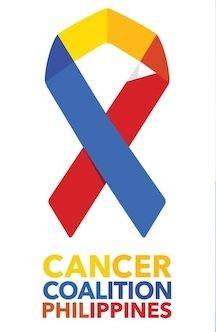The climate crisis is a health crisis
By Maria Guevara
Today, we are dangerously off track and urgent action needs to be taken now
Climate change has disastrous health impacts.
As a medical humanitarian organization, Doctors Without Borders/Médecins Sans Frontières (MSF) is already seeing these impacts on the people we treat in over 70 countries around the world.
This year, powerful Cyclone Mocha hit Myanmar and Bangladesh and destroyed not only communities, but refugee camps.
In years past, we have seen strong typhoons such as Haiyan in 2013, which laid waste to central Philippines and caused widespread flooding in Indonesia which submerged homes and destroyed properties.
But it is not just cyclones and super typhoons.
July 2023 was recorded as the planet’s hottest month in 174 years, resulting in Canadian wildfires, major heatwaves in France, Spain, Germany, Poland and Italy, and marine heatwaves along coastlines from Florida to Australia.
In short, these weather events are happening all over the globe with greater frequency and impact.
While these are the most obvious, climate change has other impacts on health, particularly on disease.
Doctors Without Borders is responding to high levels of vector-borne, food-borne, and water-borne diseases in our projects which is worrying, as this is projected to increase as the climate crisis accelerates.
It is predicted that there will be 15 million more cases of malaria yearly, with 30,000 deaths linked to that, in addition to what we are already seeing now.
One billion more people are expected to be exposed to dengue, not only in Asia Pacific, where it is much more prevalent, but across the world.
European Union officials recently warned that there is a growing risk of mosquito-borne viral diseases such as dengue and chikungunya in Europe due to climate change.
We have seen cholera outbreaks in at least 30 countries. While this is due to multiple factors, climate change is most definitely one of them.
Climate change is also linked to food insecurity and malnutrition.
With extreme weather events such as heat waves and increased rainfall come droughts and floods that impact farming and fishing communities, affecting everything from the yield of crops







